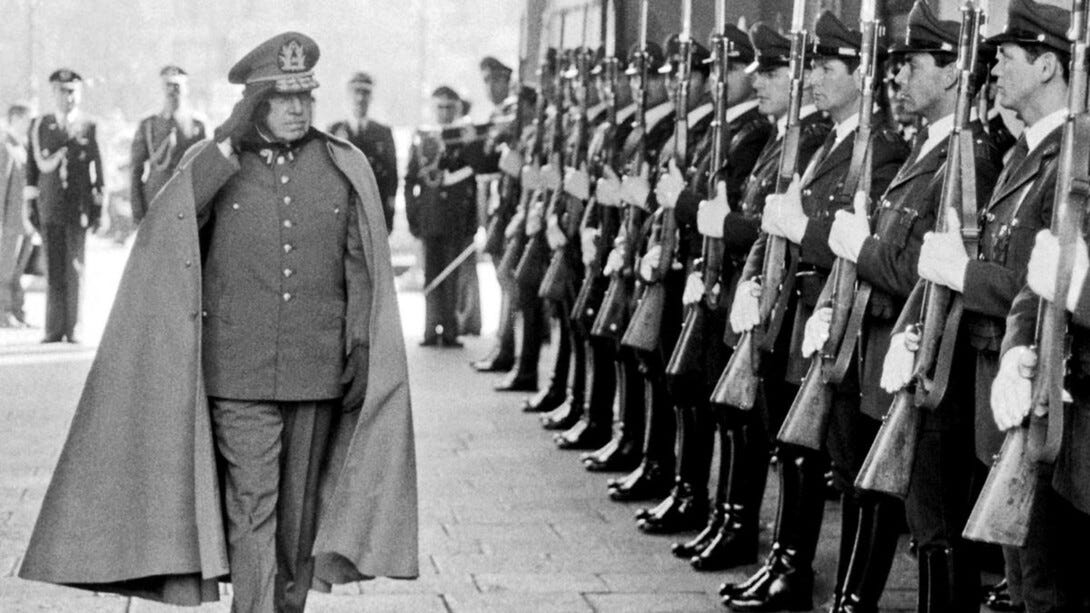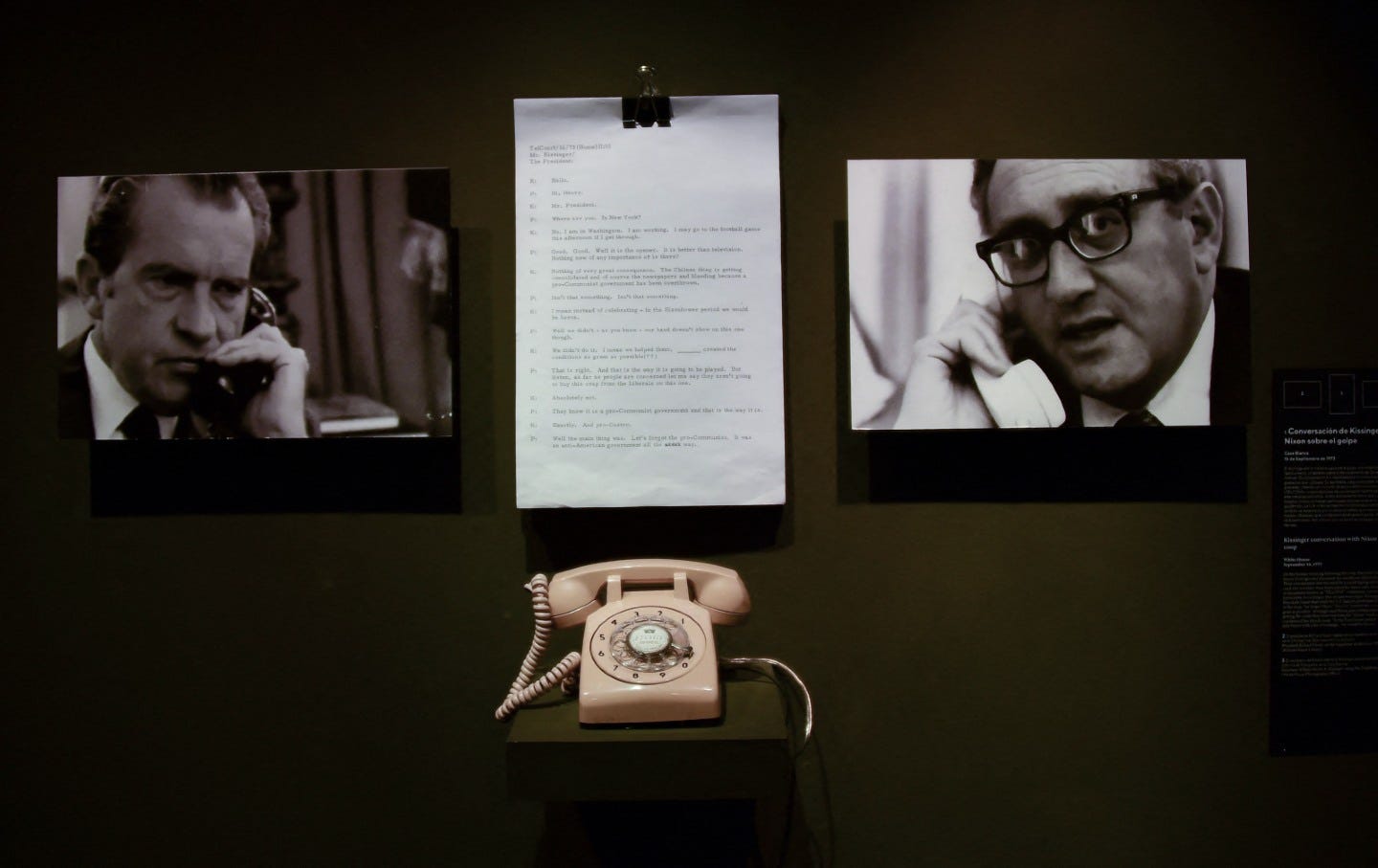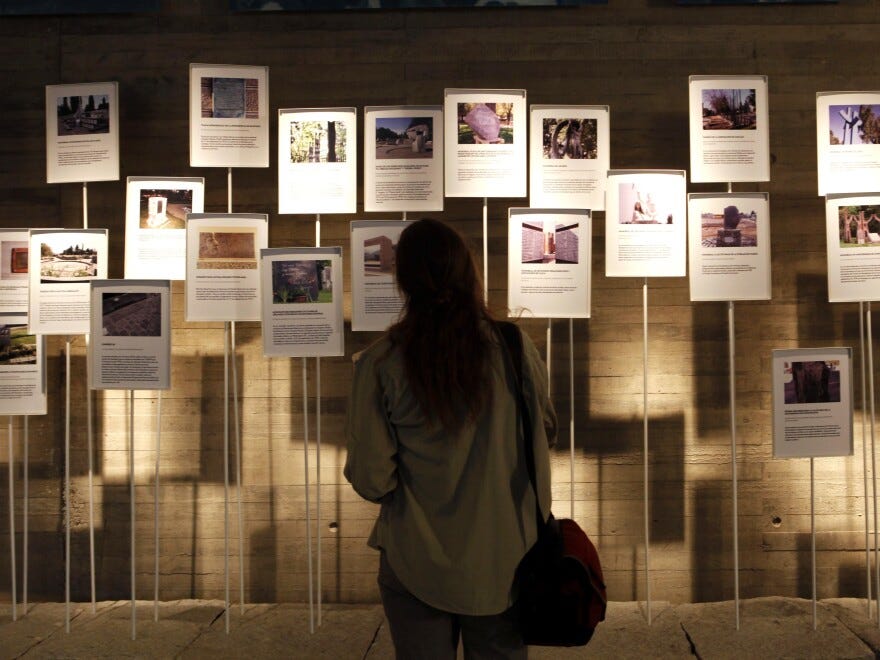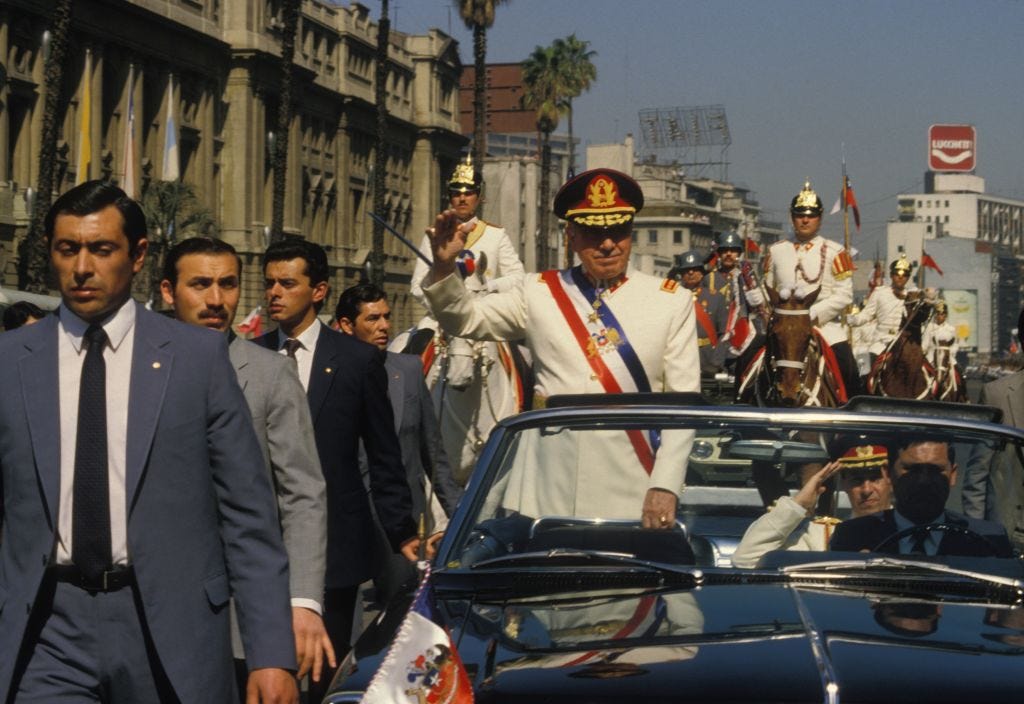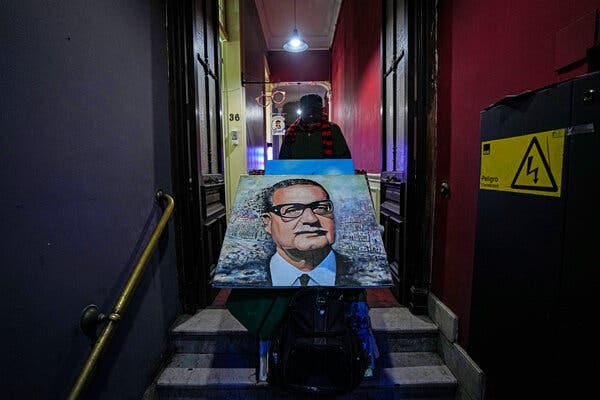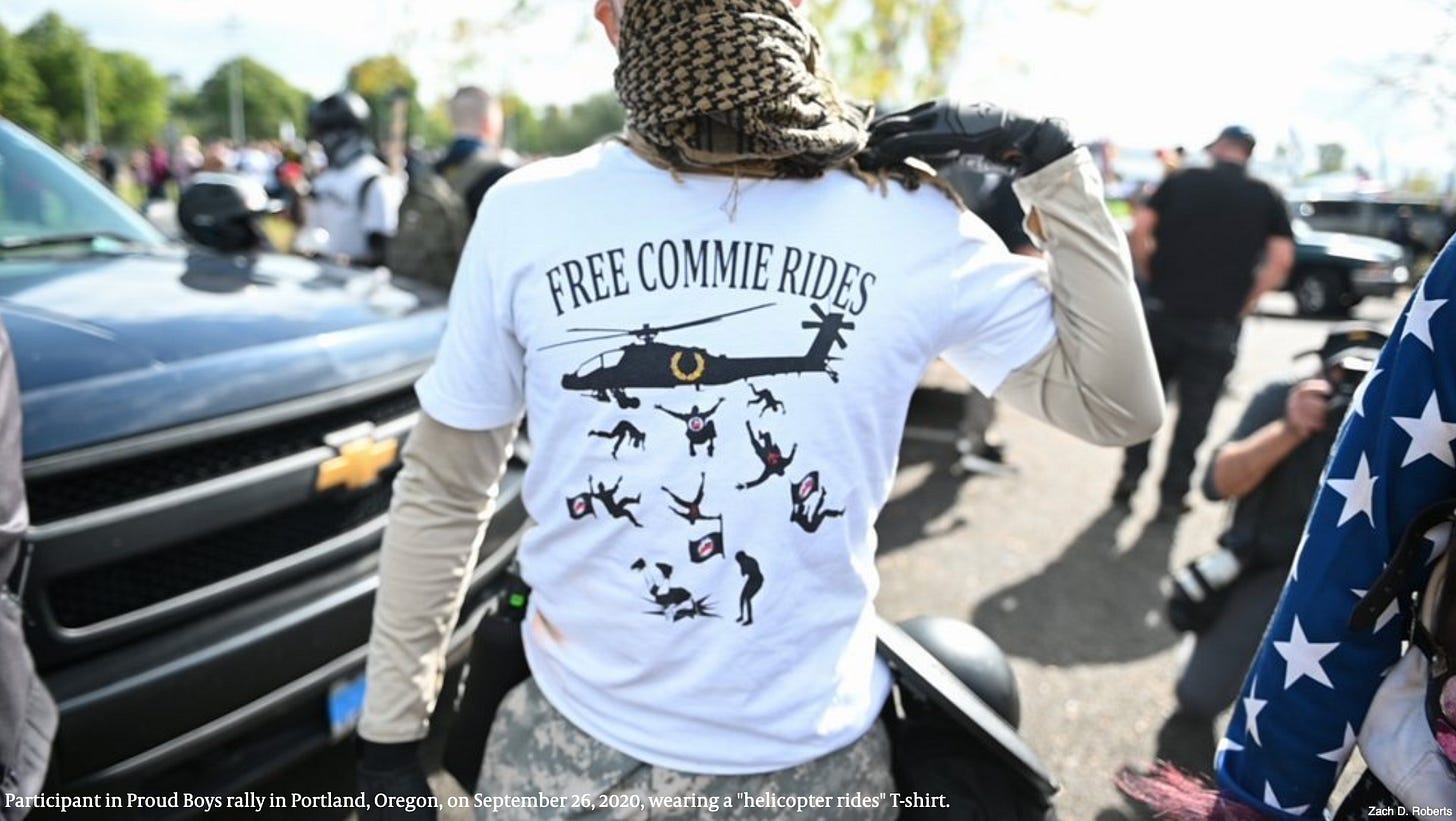Remembering the Other September 11th: The 1973 United States-Supported Coup in Chile and the Bloody Military Dictatorship That Followed
“If the past has nothing to say to the present, history may go on sleeping undisturbed in the closet where the system keeps its old disguises.” - Eduardo Galeano
The Chile Documentation Project
By The National Security Archives
Since the 1998 arrest of General Augusto Pinochet, the National Security Archive has played a substantive role in the search for historical truth in Chile. In the aftermath of Pinochet’s detention, the Project led the campaign to press the Clinton Administration to declassify 24,000 never-before-seen documents. Years later, those records continue to be used in legal cases throughout Latin America. Since then, the Archive has been instrumental in providing declassified documents to judges, lawyers, human rights groups, and victims’ families that have played a role in dozens of prosecutions, including the prosecution of Augusto Pinochet himself before he died.
You can access their library of declassified documents here: https://nsarchive.gwu.edu/project/chile-documentation-project
Chile: The Secrets the US Government Continues to Hide
By Peter Kornbluh, The Nation
Fifty years after the military coup that brought down Salvador Allende and installed the Pinochet dictatorship, there are still top secret documents on the US role that must be declassified.
READ: https://www.thenation.com/article/world/chile-coup-classified-documents/
Struggle for Memory Continues 50 Years After Chile Coup
A visitor looks at a display on the opening day of the Memory and Human Rights Museum in Santiago on Jan. 11, 2010. The museum is dedicated to remembering the tens of thousands of people imprisoned, tortured or killed during the Pinochet dictatorship. liosha Marquez / AP
By Claudia Hernández Aliaga, Ojalá
During the first decade after the dictatorship, virtually no one I interacted with spoke about what had taken place in the years previous. Not in my home, nor in the homes of relatives or friends. This history was not taught in schools: after 1979 history as taught in schools ended abruptly in 1970. There was no need to tell an official history, or to recover the narratives of those close to us who had lived through it. The past was silenced in hopes it would be forgotten.
READ: https://www.ojala.mx/en/ojala-en/contesting-memory-in-chile
Chile Is Still Bitterly Divided by the Legacy of Augusto Pinochet’s Dictatorship
By Craig Johnson, Jacobin
Fifty years after Augusto Pinochet's dictatorship came to power, Chile’s government has now admitted guilt for “disappearing” over 2,000 people. Yet many on the Chilean right still defend Pinochet — disturbing evidence of the dictator's lingering legacy.
I Watched a Democracy Die. I Don’t Want to Do It Again.
By Ariel Dorfman, The New York Times
Today, when around 70 percent of the population had not even been born at the time of the military takeover, it is critical for people both in Chile and the rest of the world to remember the dire consequences of resorting to violence to resolve our dilemmas and indulging in division rather than striving for solidarity, dialogue and compassion.
READ: https://www.nytimes.com/2023/09/10/opinion/chile-allende-september-11.html
How the ‘Free Helicopter Rides’ Meme Went Viral
By Zach Roberts, The Progressive
Referencing the dark history of the Pinochet regime in Chile, the Proud Boys have sought to desensitize people against targeted violence that they want to happen to their perceived enemies by making it a joke.
READ: https://progressive.org/magazine/how-the-free-helicopter-rides-meme-went-viral-roberts-20230907/
WATCH: The Battle of Chile
A documentary by Patricio Guzmán
WATCH: Missing
A Costa-Gavras film starring Jack Lemmon and Sissy Spacek.




